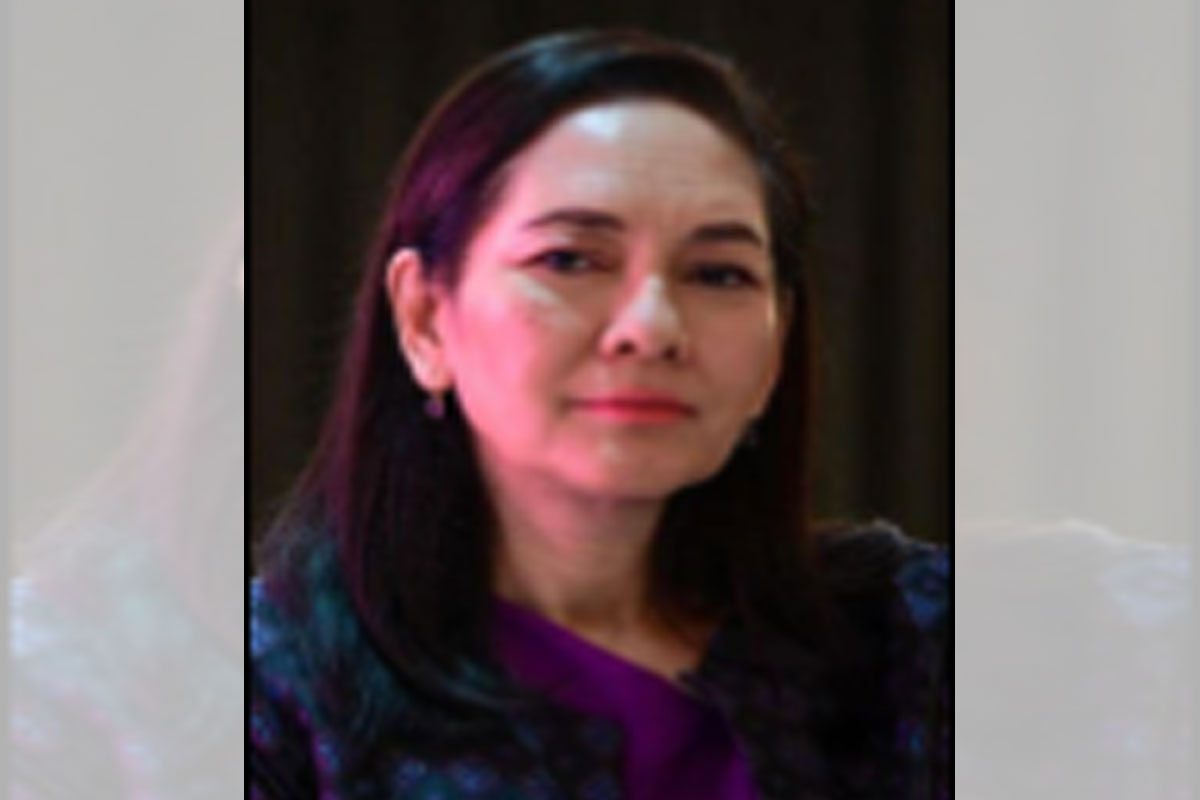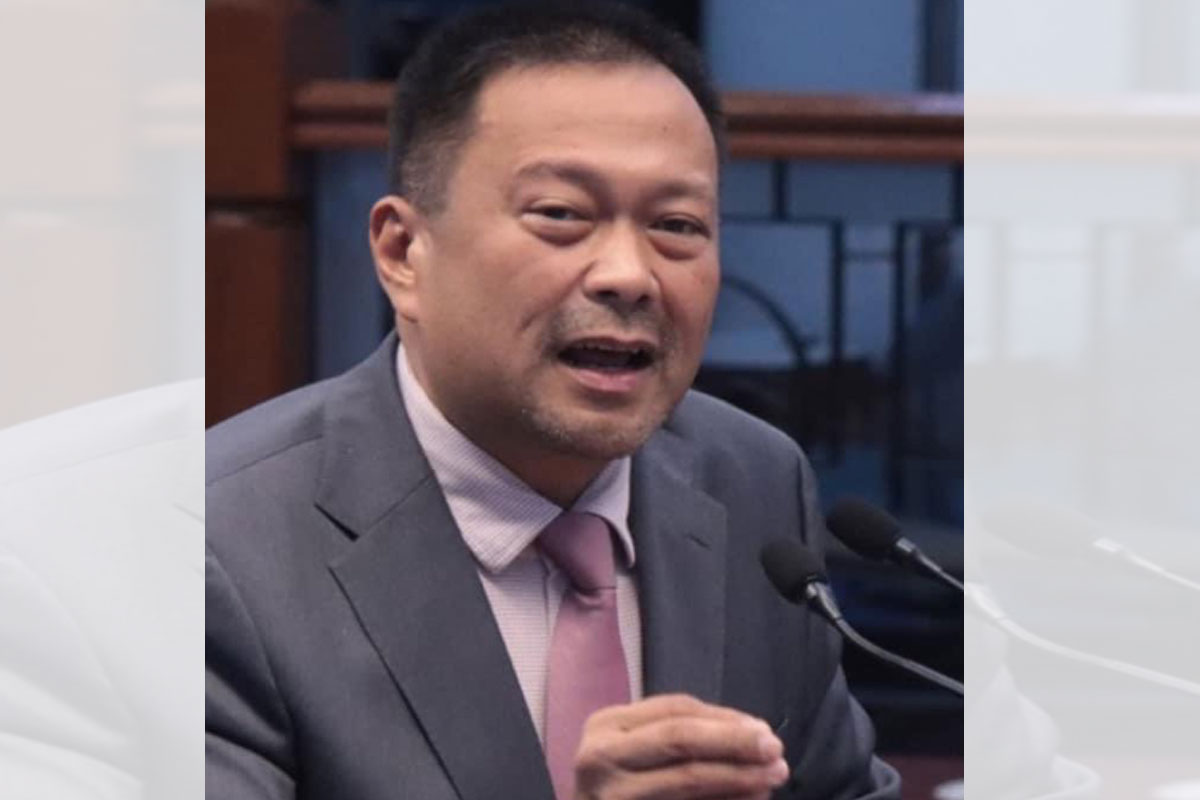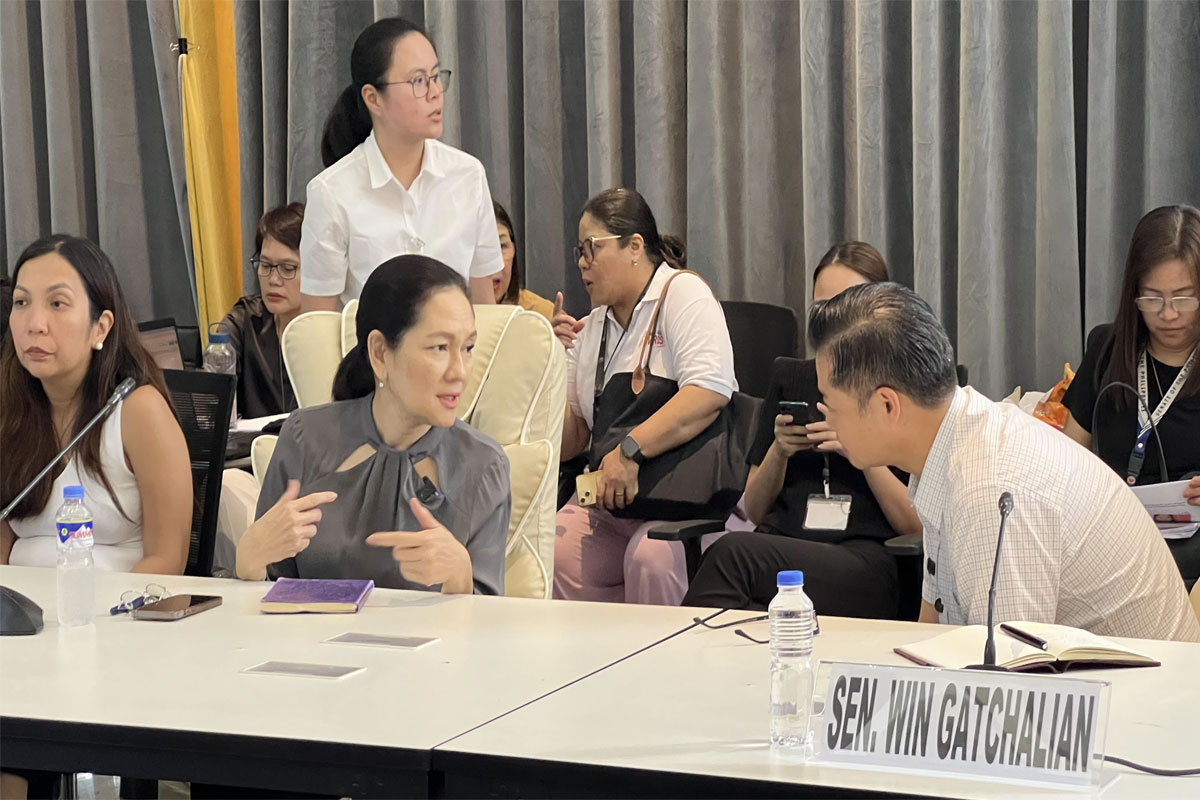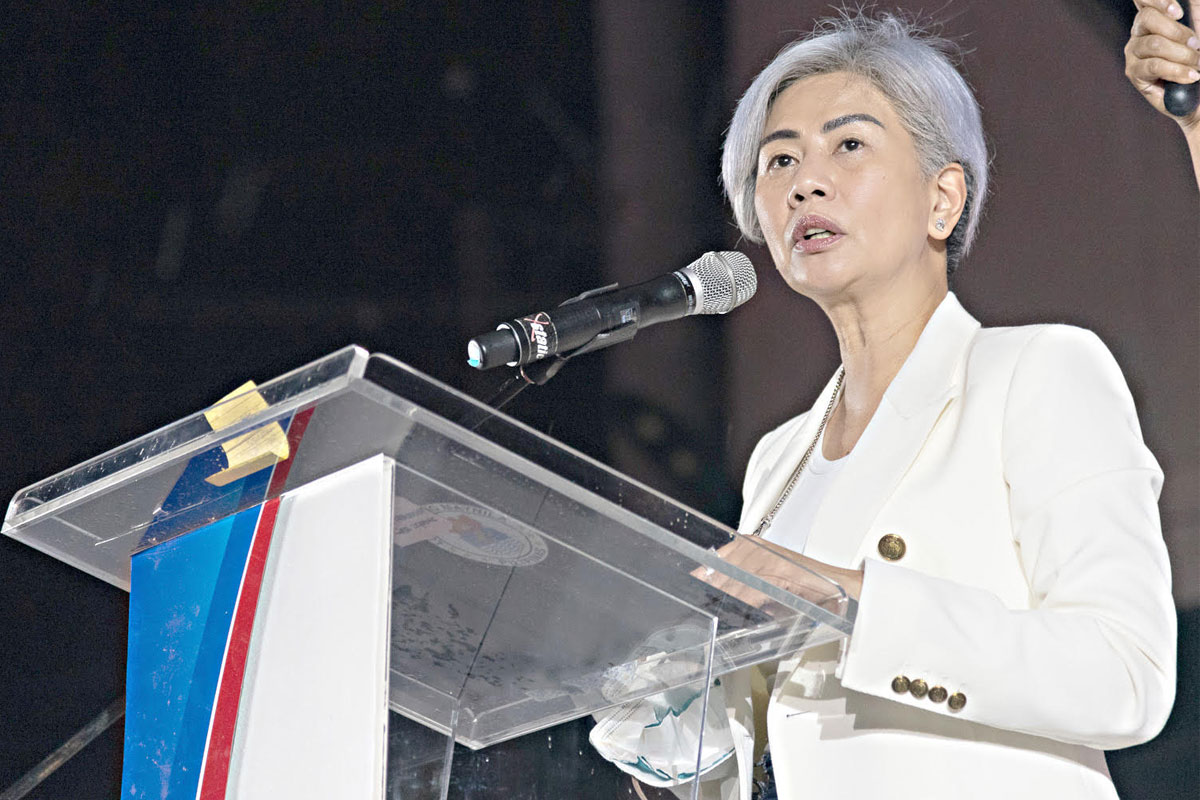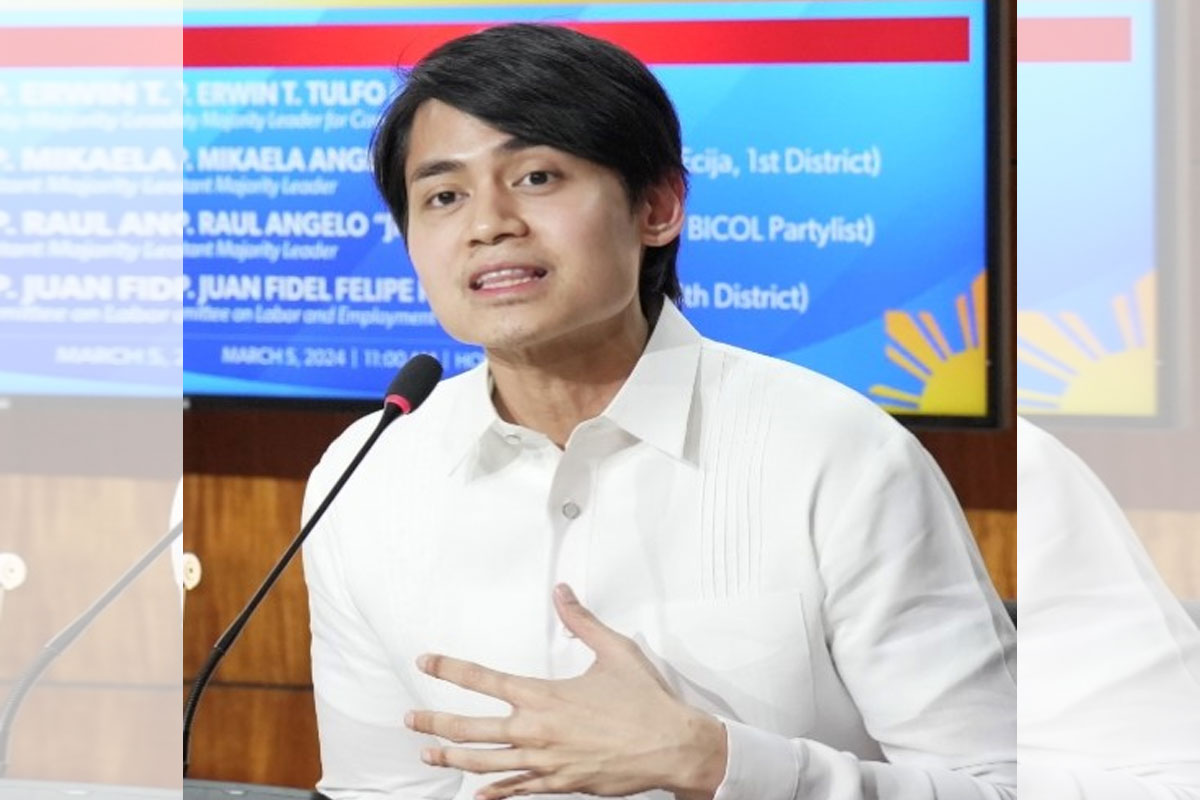
Retaining ‘Montalban’ people’s will – Nograles
AN expression of the “people’s will” and an end to the confusion.
This was how incoming Rizal 4th District Representative Fidel Nograles described the successful reversion of the municipality of Rodriguez to its old name, Montalban, after a measure he had filed lapsed into law earlier this month.
“Sa wakas, mareresolba na ang ilang dekadang kalituhan na dala ng isyung ito. Republic Act No. 11812 now puts a stamp of authority on the widely-accepted practice of calling our town Montalban, and ourselves, Montalbeños,” Nograles, a lawyer, said.
House Bill (HB) No. 8899, which sought the renaming of Rodriguez to its original name of Montalban, lapsed into law on June 2, exactly a month after the bill was transmitted to the office of former President Rodrigo Roa Duterte.
The town is the most populous in the country, with a population of 443,954 based on the 2020 census.
Founded in 1909, its original name Montalban is derived from the Spanish word “monte,” meaning “mountain,” in reference to the numerous hills found within and surrounding the town.
In 1982 the name of the town was changed to Rodriguez in honor of the late Senate President Eulogio Rodriguez, Sr., a native of the municipality.
The bill was among the first filed by Nograles during his term as congressman of the now-reapportioned second district, which he said was a response to a request from constituents.
“Ipinangako natin sa mga kababayan nating nakiusap na ilalaban natin ang pagbalik ng Montalban, kaya nagagalak akong ibalita na natupad ito,” Romualdez said.
According to the Harvard alumnus, the town’s experience presents a “case study” to others regarding renaming places and landmarks.
“Legislating custom is tricky. Hindi natin maaaring ipilit na tanggapin ng taumbayan basta-basta ang pangalan na nais natin. Usapin din kasi ito ng kasaysayan, ng nakasanayan, at pagbibigay-saysay natin sa lugar,” the lawmaker said.
He emphasized the role of building consensus among stakeholders before embarking on such endeavors in the future, which he said “is, after all, the essence of governance.”







